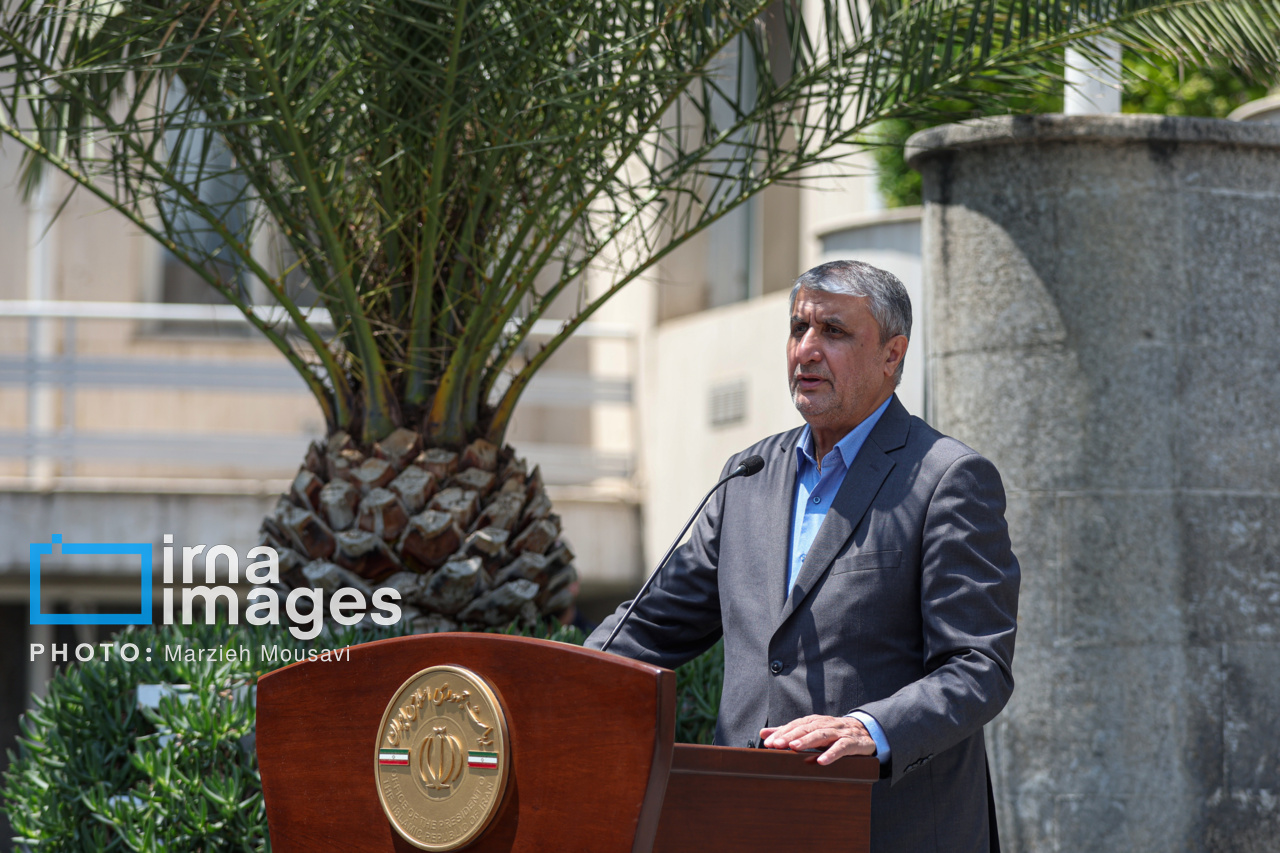
Similar Posts
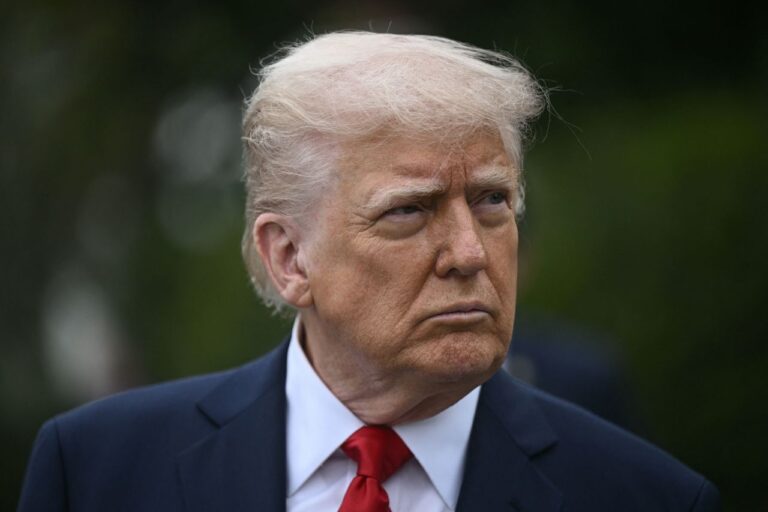
Trump Announces No Plans to Visit Israel on Upcoming West Asia Tour
President Donald Trump announced he will not visit the occupied Palestinian territories during his upcoming West Asia trip, emphasizing the importance of the current political situation for Iran. He described this period as “very crunch time” for Iran and reiterated the U.S. commitment to preventing the country from developing nuclear weapons, expressing hope for a peaceful resolution. Trump’s itinerary includes visits to Saudi Arabia, Qatar, and the UAE, but notably excludes Israel. He also addressed the Houthis in Yemen, stating they have expressed a desire to cease fighting. These developments are being closely monitored for their impact on U.S. regional relations.
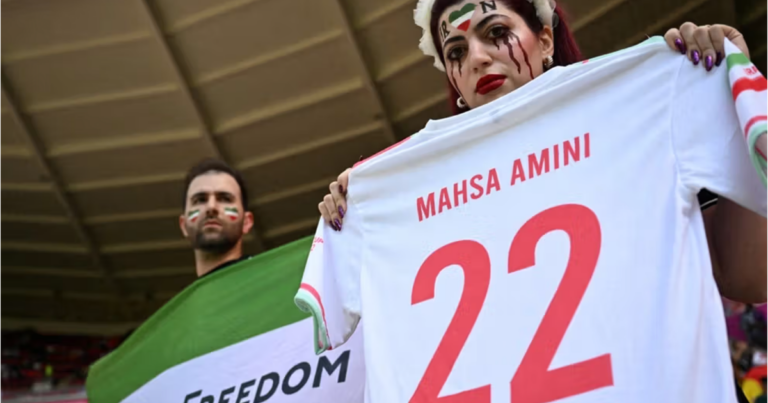
Exploring the Shift: Why Iranians Are Losing Faith in Their National Football Team
Iran’s national football team, Team Melli, recently qualified for the 2026 FIFA World Cup, but public enthusiasm was notably absent, reflecting deep societal and political divisions. Historically, such achievements sparked nationwide celebrations, but this time, the response was muted, with many expressing a disconnection from the team. The decline in support is influenced by the political climate following the “Woman, Life, Freedom” protests after Mahsa Amini’s death. Initial player solidarity with protesters waned under pressure, leading to disillusionment among fans, who now refer to the team as the “government’s team.” Attendance at matches has also significantly dropped, signaling a growing disconnect.
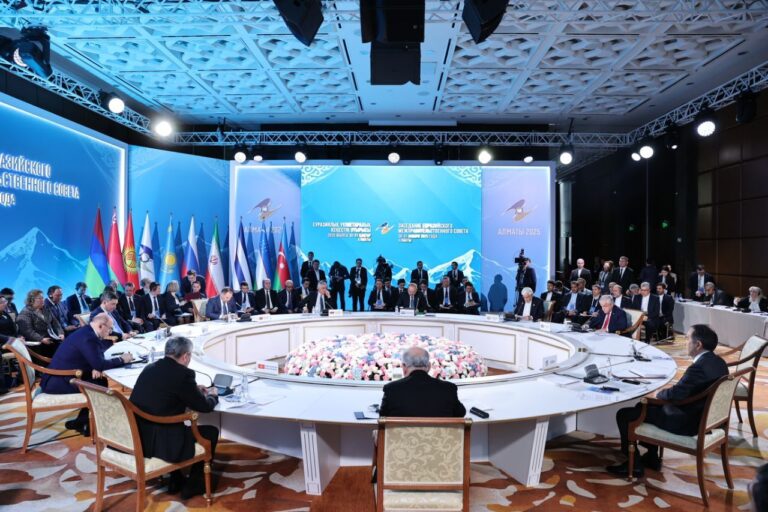
Iran Aims to Be a Trustworthy Ally in Regional Progress, Says VP
Iranian Vice President Mohammad Reza Aref recently emphasized Iran’s commitment to becoming a key player in regional economic collaborations during the Eurasian Economic Union (EAEU) Prime Ministers’ meeting. As an observer in the EAEU, Iran aims to strengthen partnerships and enhance its role in economic diplomacy, focusing on vital sectors like energy and technology. Aref highlighted the creation of the Iran-EAEU Corridor to facilitate trade among member states and announced plans to enhance port capacities in the Persian Gulf and Sea of Oman to connect landlocked EAEU members with global markets. His participation in the 2025 Almaty Digital Forum further underscores this commitment.
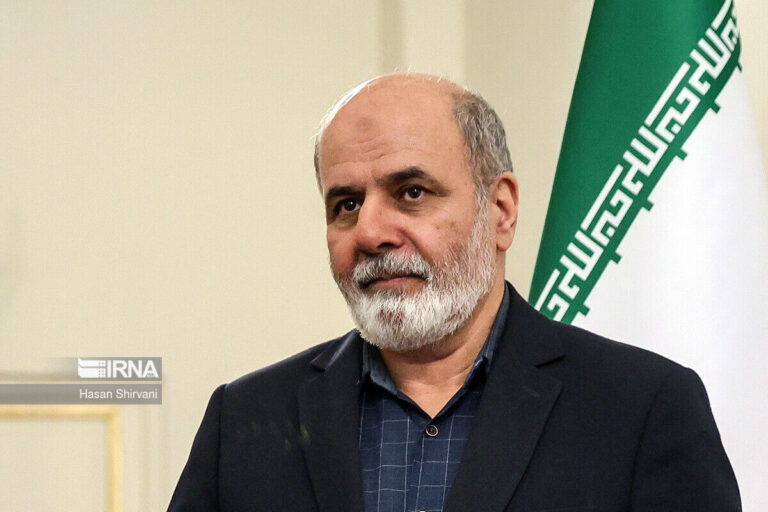
Strengthening Regional Ties: Iran and India Collaborate for Mutual Security, Says Top Official
Iran and India are set to strengthen their cooperation, particularly through the development of Chabahar Port, a key strategic hub in southeastern Iran. In a recent phone conversation, Iranian official Ali-Akbar Ahmadian highlighted the potential benefits of collaboration in political, economic, and security domains. Indian National Security Advisor Ajit Doval acknowledged Iran’s crucial role in regional stability and confirmed India’s commitment to expanding ties. Both officials emphasized the significance of the Chabahar project and the International North-South Transit Corridor, suggesting that a closer relationship would enhance security and prosperity for both nations and the region as a whole.
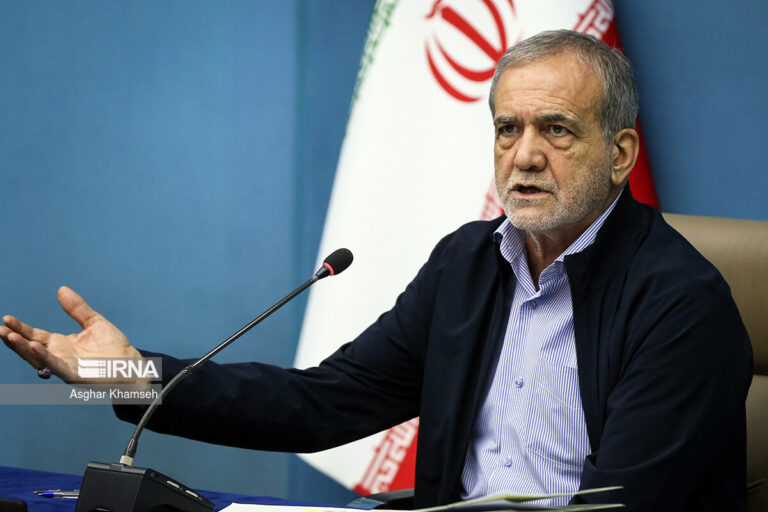
President Halts Miankaleh Petrochemical Project: A Game-Changer in Environmental Policy
President Masoud Pezeshkian has suspended the Miankaleh petrochemical project in northern Iran due to environmental concerns. This decision, confirmed by administration spokesperson Fatemeh Mohajerani on X, follows a report from Shina Ansari, head of the Environment Department, during a cabinet meeting. The project, initiated in 2022 without an environmental impact assessment, faced increased scrutiny after construction activities were reported in protected areas. The Oil Ministry revoked its approval in 2023, prompting calls for restoration of the affected land. Pezeshkian emphasized the need for legal action against those responsible for environmental degradation, reinforcing Iran’s commitment to sustainable development.
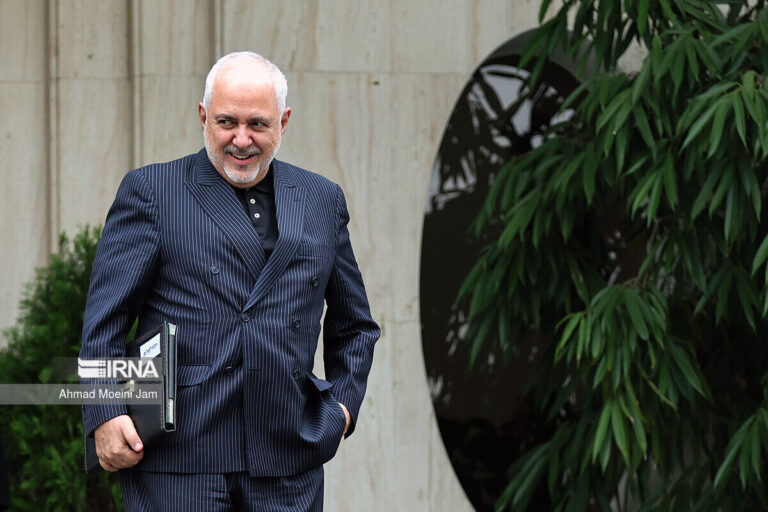
Iran’s Zarif: Lifting Sanctions, Not U.S. Negotiations, is Key to Solving Iran’s Challenges
Iranian Vice-President Mohammad Javad Zarif emphasized the Foreign Ministry’s efforts to strengthen ties with China, Africa, Russia, and neighboring nations, expressing skepticism towards the U.S. role in Iran’s foreign relations. He stated that the government aims to dismantle barriers to diplomatic engagement, reaffirming Iran’s commitment to avoiding nuclear weapons in light of a religious decree from Ayatollah Khamenei. Zarif criticized the impact of FATF regulations on international exchanges and mentioned ongoing discussions related to the Palermo Convention and terrorism. He also announced an upcoming visit to Iraq for a seminar, highlighting Iran’s focus on international collaboration amidst sanctions and regulatory challenges.